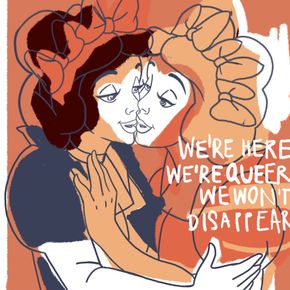An underground ice river and lava and microbes beneath the surface of Mars
Researchers from Imperial College London, among other institutions, have discovered a 460km-long underground river beneath Antarctica that is accelerating the loss of ice as the climate warms. “We are now beginning to understand that there are whole systems down there, interconnected by extensive river networks,” said an expert, Professor Martin Siegert. The newly discovered river flows into the sea under an extension of the glacier – an ice shelf drifting across the ocean.
Beneath the surface of Mars, it is likely that lava is still moving, having melted the ice years ago, which may have facilitated the emergence of alien life forms. Mars remains geologically active, according to the InSight lander survey, and this aspect of its activity is not over. New research technology has enabled scientists to precisely scan the planet’s interior and core. Mars once had a magnetic field, powered by a core made of iron, nickel and sulphur – another prerequisite for the emergence of life on the planet.
A team of scientists from centres in the US and Slovenia has shown that some strains of Earth bacteria can survive in the simulated Mars environment, which consists of low temperatures, lack of water and strong radiation, for longer than expected. Therefore, Martian microbes, if they ever existed, could still live beneath the surface of Martian soil, and humans must be very careful not to contaminate Mars with microbes from Earth. E.g. a strain of the bacterium Deinococcus radiodurans, known as “Conan the Bacterium”, could survive for 1.5 million years just 10 cm below the surface of the Red Planet.


























